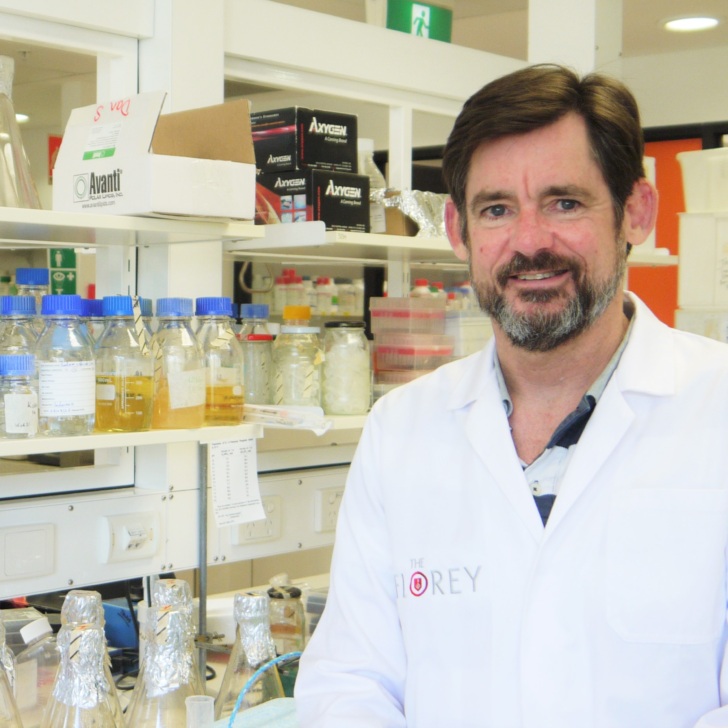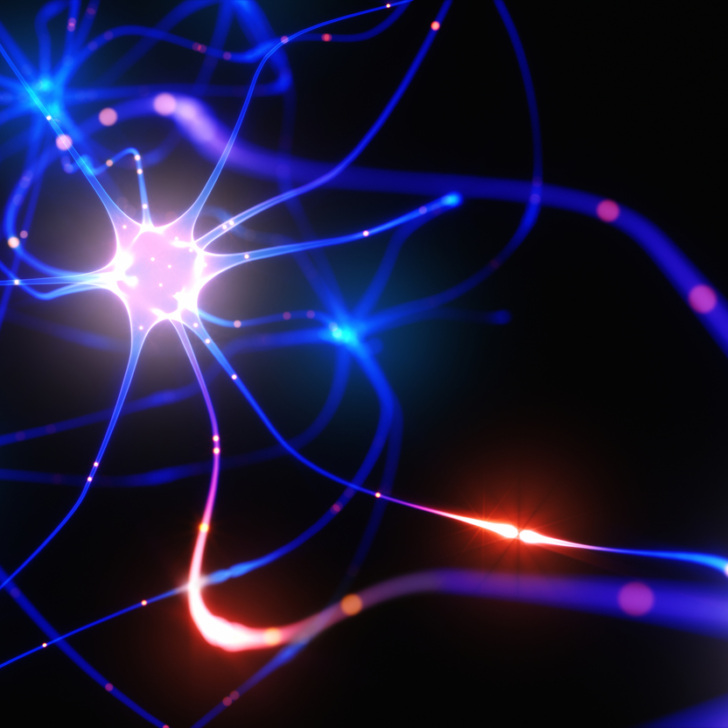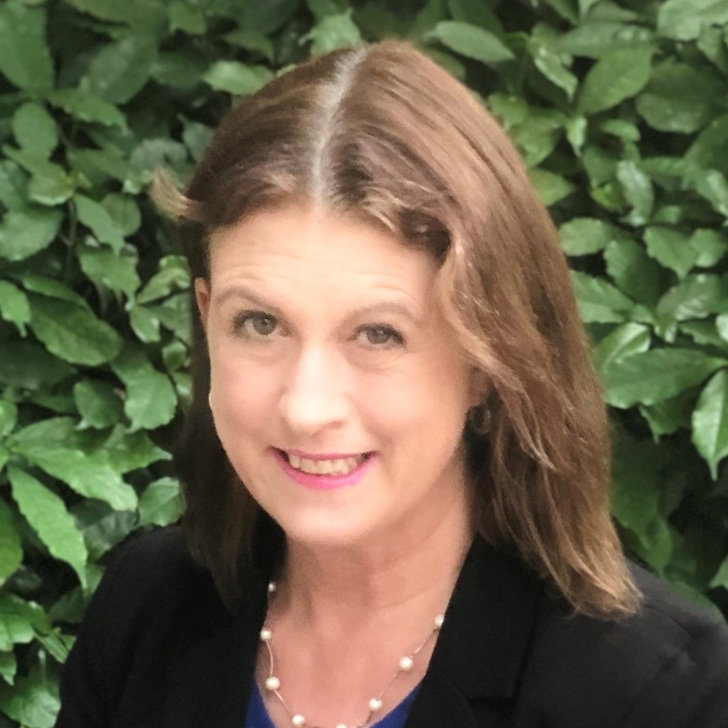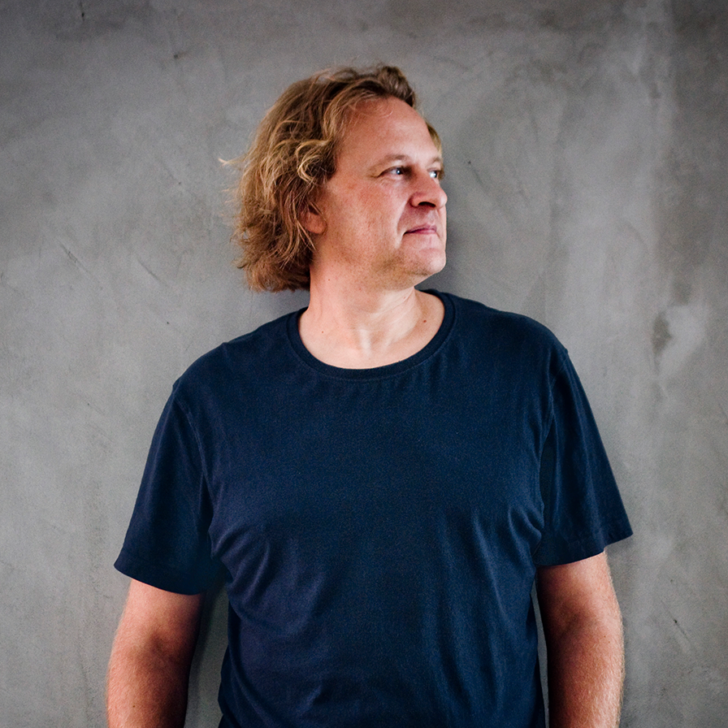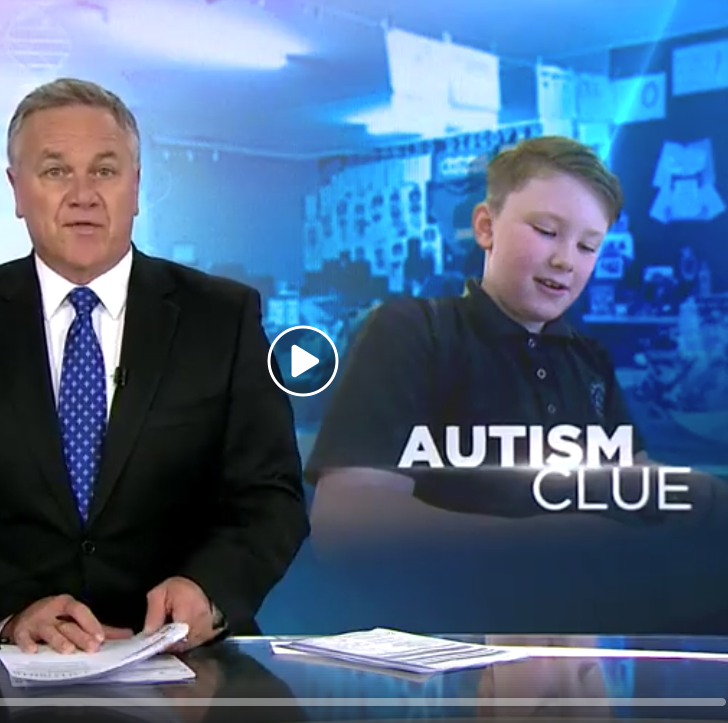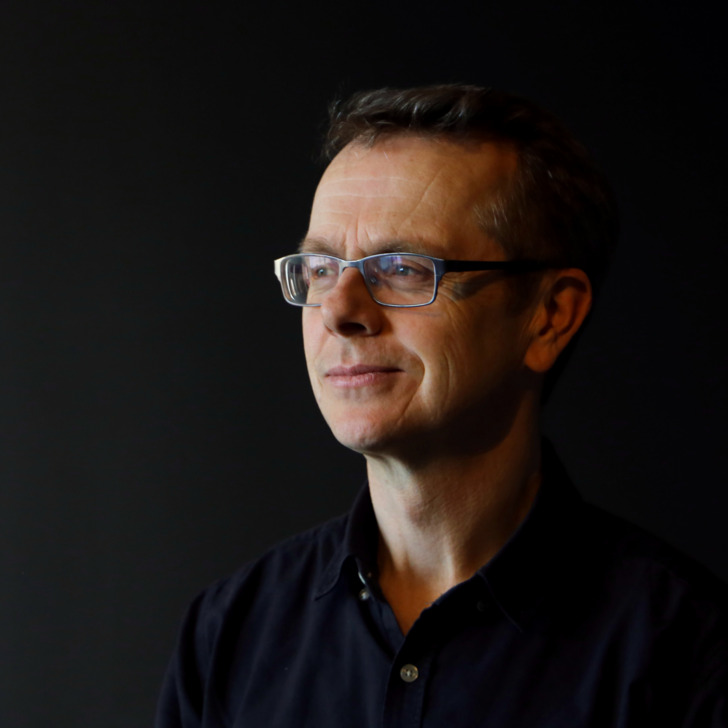
Autism
Autism, also referred to as autism spectrum disorder (ASD), affects how a person communicates, behaves, interacts with and views the world. In most cases its causes are unknown.
People with autism may have difficulty with communication and social interactions, and demonstrate a restricted or repeated set of behaviours.
Autism is referred to as a ‘spectrum’ disorder as it presents differently in everyone who has it. As all people with autism present differently, there is no one defining set of characteristics.
How The Florey is making a difference
At The Florey, researchers are dedicated to making a difference in autism research, working across different domains, from public health to behavioural neuroscience to pharmacology and more.
Our researchers have a long-term goal of understanding the neurobiological basis of neurodevelopmental differences in autism and common co-occurring conditions (e.g. ADHD, sleep problems, or gastrointestinal symptoms). This involves investigating how genes and the environment together influence both typical and atypical neurodevelopment.
By understanding these developmental drivers, we can better comprehend any underlying neurobiological differences. This knowledge will help us tailor future interventions and therapies to meet the needs of autistic individuals.
New pharmacological therapies
Our researchers are working on novel compounds isolated from an abundant natural source to determine whether it might help alleviate some of the negative cognitive effects for people diagnosed with autism. This work is being done in conjunction with clinicians at the Royal Melbourne Hospital.
Autism in Australia
Our researchers conduct epidemiological studies in Australia to provide insights into how environmental factors may influence the prevalence of autism in our community. This includes a range of environmental factors during pregnancy and early life.
Researcher spotlight
Dr Katherine Drummond investigates the complex relationships between early-life chemical exposures, genetic variation and childhood neurodevelopment. She is particularly focused on improving neurodevelopmental outcomes through primary public health prevention, risk stratification in early life, as well as interventions and treatment.
Dr Drummond is committed to bridging the fields of neuroscience and public health, with the aim of making a real-world difference.
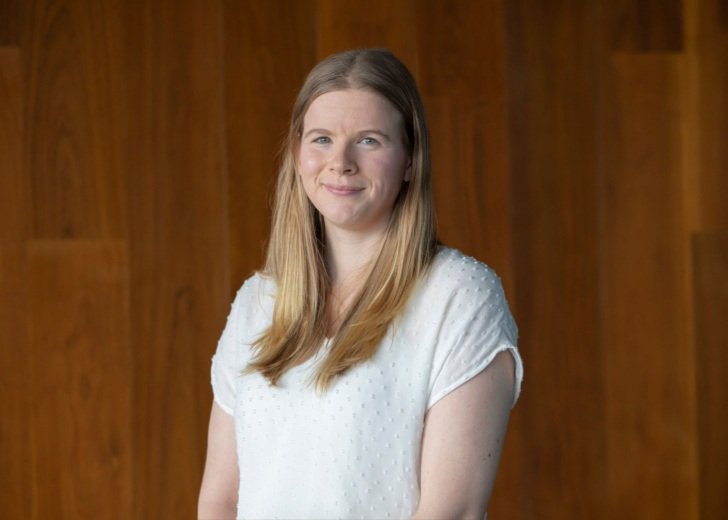
Research projects
- A two-hit hypothesis of neurodevelopmental disorders: exploring BDNF val66met polymorphism and environmental prenatal exposures
- Can mice really play ipad games for milkshake rewards and how can this help us understand motivation in autism spectrum disorder?
- Characterising novel drug therapies to target cognitive symptoms in schizophrenia
- Chemical exposures in utero, child neurodevelopment and epigenetic programming
- Deep-learning based tracking of behaviour in preclinical models for mental illness
More information
For further information and support contact Autism Awareness Australia or Autism Spectrum Australia (Aspect). While The Florey researches autism, we do not offer medical advice or treatment.
Latest news
Latest Florey news on Autism
Source information
Pellicano E, Fatima U, Hall G, Heyworth M, Lawson W, Lilley R, Mahony J, Stears M (2022), ‘A capabilities approach to understanding and supporting autistic adulthood’, Nature Reviews Psychology, 1(11):624-639, doi:10.1038/s44159-022-00099-z
